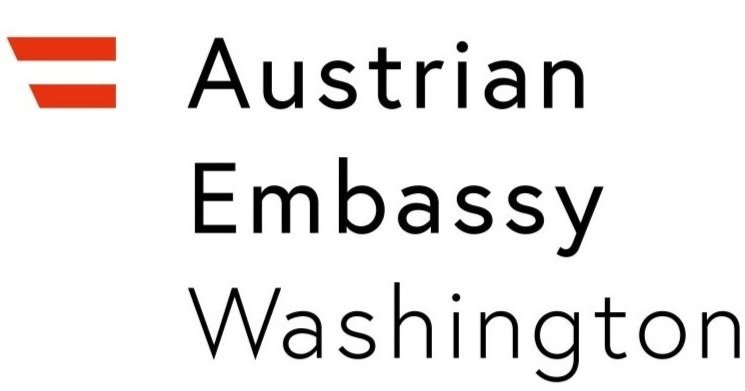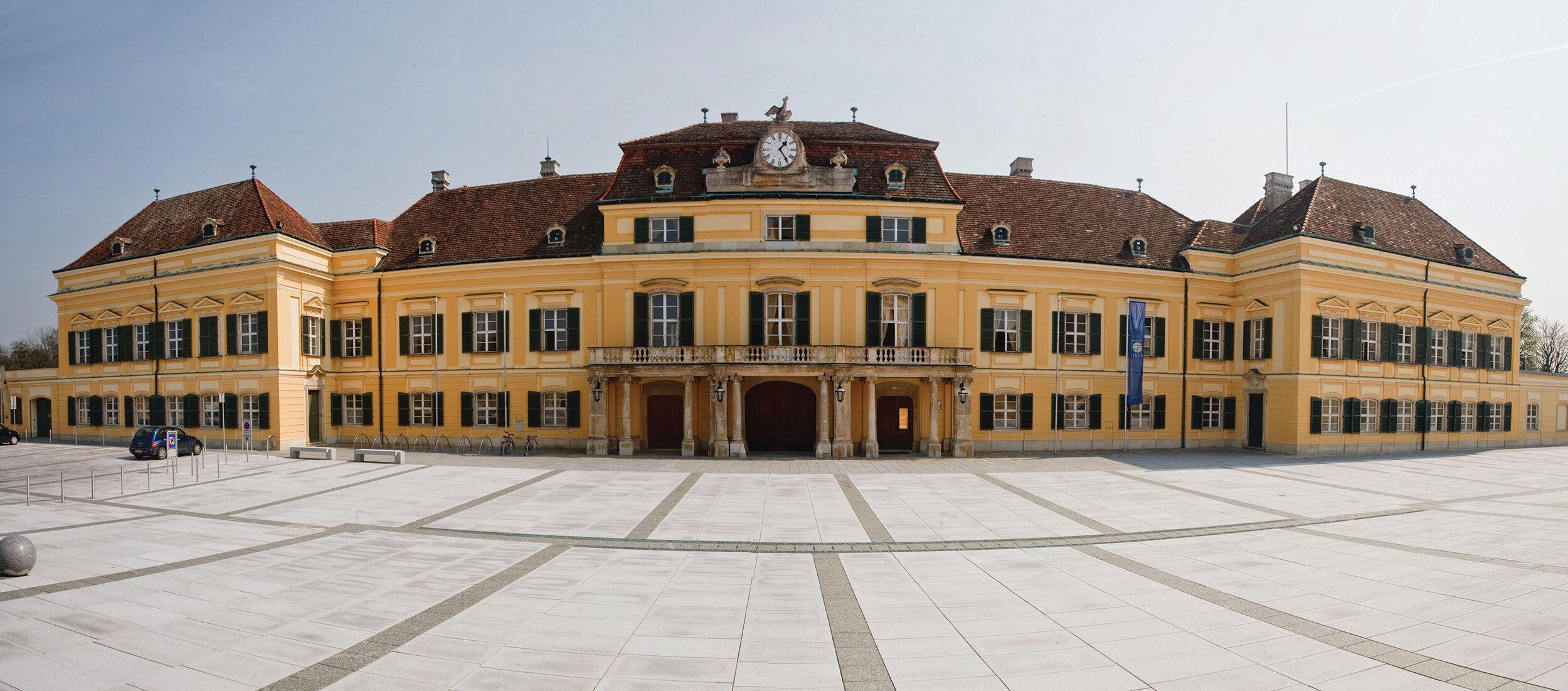Global Solutions for Global Problems
By Albert van Jaarsveld
For almost 50 years, the International Institute for Applied Systems Analysis (IIAS, https://iiasa.ac.at/) situated near Vienna, Austria, has brought together teams of international researchers to find solutions to global problems. Many of these solutions have had significant impact. Recommended measures have drastically cut air pollution across Europe, research tools have helped countries financially prepare for major natural disasters, water resource planners have used research findings to manage limited water resources more smartly, and population forecasts have informed governments’ long-term planning for aging and migration.
The institute was established in 1972 by representatives of the Soviet Union, the United States, and ten other countries from the Eastern and Western blocs aiming to use scientific cooperation to build bridges across the Cold War divide and to confront growing global problems on an international scale. The remarkable project was the culmination of a six-years effort by then U.S. President Lyndon Johnson and USSR Premier Alexey Kosygin. “Thanks to the generosity of the Austrian Government to host IIASA in a former Habsburg summer palace, the Institute’s founding countries chose to locate IIASA in Laxenburg, near Vienna, Austria in the 1970s,” explains Albert van Jaarsveld, the eleventh Director General of IIASA. The Institute has remained headquartered in Austria ever since.
Over the last five decades, thousands of researchers from over 100 countries have worked at or visited IIASA to conduct studies that are truly independent from national or political agendas. For some, the experience has greatly shaped their careers. Nobel Prize winner William Nordhaus of Yale University credits its interdisciplinary research environment with shaping his seminal work on the economics of global warming in the 1970s. “My own first serious research on global warming started when I spent a year in Vienna at IIASA,” remembers Nordhaus. “Research on global warming is deeply interdisciplinary, and IIASA at that time was uniquely able to foster interdisciplinary work. It was here that I published my first (and I believe the first) economic model of global warming as an IIASA working paper in 1975.” Forty-three years later in 2018, Nordhaus was awarded the Nobel Prize in Economic Sciences for his work in integrating climate change into long-run macroeconomic analysis.
Today, IIASA researchers apply their expertise to identifying solutions to current and emerging global sustainability challenges and threats. For example, how to best achieve the Sustainable Development Goals (SDGs) - a call for action to promote prosperity for all of humanity while protecting our home, planet Earth. They conduct this research using and developing a range of sophisticated methods ranging from mathematical modeling, participatory research to harnessing artificial intelligence and machine learning to find innovative solutions to global and regional problems. Researchers continue to come to IIASA from across the world—over 400 from more than 50 countries have been working at IIASA in 2020 thus far. Early career researchers at Ph.D. and postdoctoral level are attracted by the opportunities to develop new research skills, work with leading scholars hailing from China to Russia to South Africa and the U.S., and see their research have scientific and policy impact at an international level. “IIASA is a unique place to work that will take you on an intense and highly fulfilling journey,” comments Nicklas Forsell who joined IIASA as a postdoctoral research scholar in 2012 from France. “People here are highly dedicated to their work and you will be surrounded by an international atmosphere where people want to do a good job and are happy to help you and see you grow.”
As the institute enters a new decade, it will continue to serve as a hub for assessing the multidimensional nature of the challenges that cut across national, sectoral, and ideological boundaries using its unique systems analysis approach. This research will pursue improved sustainability policy insights and stronger multilateral scientific cooperation.
Albert van Jaarsveld is the Director General and CEO of the International Institute for Applied Systems Analysis.
More Information:
International Institute for Applied Systems Analysis: https://iiasa.ac.at/

